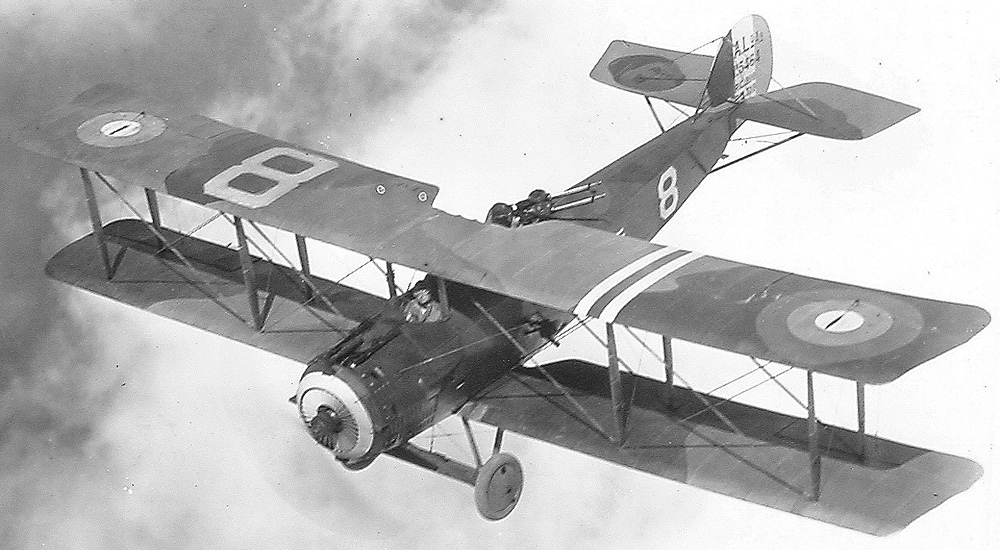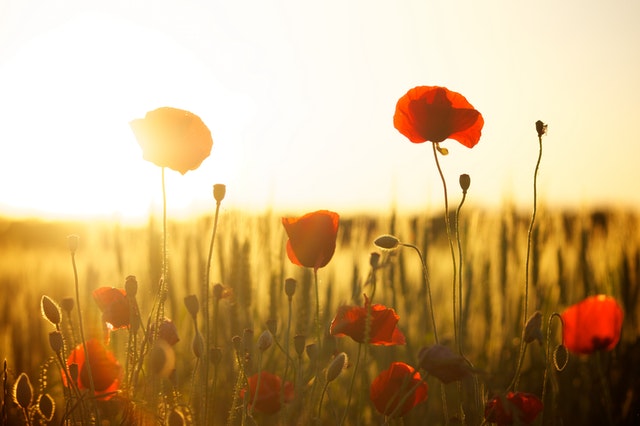Also known as The Great War, or The War to End All Wars, World War I was one of the largest and deadliest wars in history. The war started after the heir to the Austro-Hungarian Empire, Archduke Franz Ferdinand, was killed by Gavrilo Princip on June 28, 1914, in an attempt to end the Austro-Hungarian rule over Bosnia and Herzegovina.
The Central Powers (Germany, Austria-Hungary, Bulgaria and the Ottoman Empire) fought against the Allied Powers (Great Britain, France, Russia, Italy, Romania, Japan and the United States) in a war that involved new technological weapons such as machine guns and tanks. Militaries on both sides fought from trenches which were filled with mud, disease, boredom and fear.


